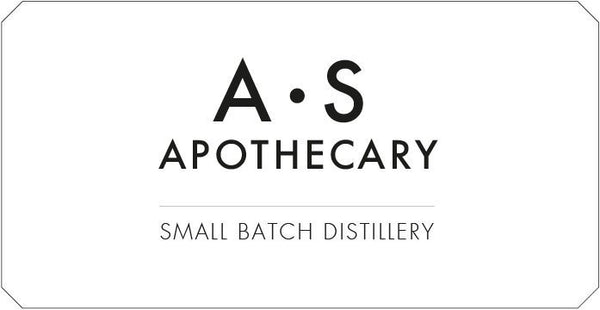
Roses are a brilliant example of process and creativity in our work. The plant itself and what it offers has driven the products that follow – we pick the flowers, they go into so many of our skincare products, from Wild Beauty Balm to Unblushing cream, Cleansing oil #5 to our Cleansing Multi Mask and also our nonalcoholic drink Wild Eve. When the maceration for Wild Eve is concluded, we take the same petals and add them to white wine vinegar to make a shrub, when the shrub is made, we put the spent flowers, now used twice onto the compost to feed the other Roses on the croft.
We distil them to make our Rose Aromatic Water and as an essential constituent of our Harris Edition Isle Mist. What’s really interesting here is that commercial Rose distillation is all about the essential oil, it’s the part of the process that is worth its weight in gold, the Rose aromatic water or hydrosol is a byproduct of the process. Sometimes it’s sold and sometimes It’s discarded – there is a lot of hydrosol compared to the tiny amount of oil, so to produce a lot of oil, there is an enormous amount of hydrosol. Commercial Rose distillation is fast, the aim is to get the oil, which is released from the petals, within the first 30-40 minutes and stop the distillation.

When we distil any plant, but especially Roses, we want to keep as much of the oil in suspension as possible, so we distil slowly and gently for hours. As time passes, we taste the distillate frequently to determine where we are in the process – to start with it’s all about the light, bright notes that give way to the heavier molecules where the flavour changes and deepens, eventually getting to the last few minutes where the taste is just beginning to turn from floral to green. Then we stop. The quality of the distillate that we make is exceptional, we blend all the different notes together to make something really special and incredibly therapeutic.
Inevitably, we don’t use all the water that the Roses are sitting in in the retort (which is the big rounded base of the Still), to use it all would mean that the petals would scorch affecting the quality, so we stop far short of that point. Commercially, anything left in the retort would be thrown away at the end. However, we take it all out and turn it into Soap. Really beautiful Olive oil cold process soap. So there’s no waste. Not one drop. We do the same with all our distillations.

It's only the petals that we use in Wild Eve and distilling, so we take the receptacle (the bit of the stalk that the flowers are joined on to) and put that into either white wine vinegar to make a shrub or into alcohol to make a tincture.
We grow some varieties of Rose that we use, but only in small quantities, because the flavour profile is brilliant for Wild Eve or the scent is a welcome addition to a distillation but too much doesn’t work. All our work is about balancing scent and building flavour to make therapeutically vital products that taste and smell good. This means that we have flowers appearing on our Rose bushes that we don’t need in either Wild Eve or distillation, these petals we dry and blend to go into our wonderful Wildflower Tea and Heartease Tincture (coming soon!)

When we pick, we also deliberately leave a proportion of the flowers, for two reasons – one is to feed the bees and insects which is critically important in Harris where flowers for bees to forage on are in short supply, the other is so that the Roses produce rosehips that we make into Of Harris Fruit in the Autumn and we use the seeds to make Rosehip oil for our skincare. We also leave a good amount of the rosehips for the birds to eat.
This is just one plant. We do the same for every single plant we use. It’s to understand that all our plants can be used in a multitude of ways, all of them for the good of the mind and body. This is the work of an Apothecary, it’s not just a name, it’s the lens through which we look at the world, it’s to embrace an incredibly creative philosophy and we love it.

